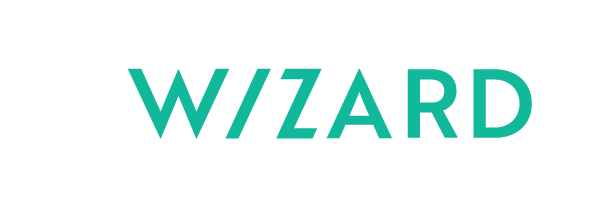GEASA

Effective educational programmes today should provide teachers and students with the tools they need to teach, learn and think about contemporary problems such as climate change, rise of populism, migration crisis, global economy, fake news and the impact of social media.
The World Summit on Teaching noted that today teachers need to help students acquire not only “the skills that are easiest to teach and test” but more importantly, ways of thinking (creativity, critical thinking, problem-solving, decision-making and learning); ways of working (communication and collaboration); tools for working (including IT technologies); and skills around citizenship, life, career, personal and social responsibility(European Commission, 2012).
The main goal of this project is to support effective education for contemporary problems based on 4 key elements.
Global education
Emphasizes global awareness, citizenship and responsibility, importance of green transformation; supporting students in approaching the world from multiple perspectives and considering ethical implications of differential power and privilege across the globe, creating foundation for responsible action.
Transdisciplinarity
Focuses on making connections in learning across subject areas and among diverse perspectives, avoiding overspecialization and compartmentalization of knowledge (Daxecker et al, 2020). and enabling students to tackle multifaceted problems, cultivate intellectual skills needed in the 21st century, and become life-long learners (Long
2011).
Speech and Debate methodology
Deeply interactive methodology that brings together independent research, teamwork, critical thinking, fact-based argument building and public speaking and presentation skills, increasing young people’s interest in political and other contemporary issues and gives them the tools to come up with viable policy solutions (Akerman et al. 2011).
Digital education
We see the increasingly more important digital educational approaches as an asset rather than just a necessity, with enormous potential to help learners circumvent geographical and/or financial obstacles to high quality education and offer different learning structures to students with different learning styles Global education (GE) has in principle been recognized by European policymakers as instrumental for instilling the importance of democratic values, justice, solidarity and inclusion in young people (Peterson and Warwick, 2015).
Further, in recent years we’ve witnessed young people advocating and protesting for a greener, sustainable future, women’s rights, and an end to discrimination, demonstrating that issues encompassed by GE play a central role in their lives.
However, in most EU countries, implementation is still modest – for example, The State of Global Education in Europe 2019 report states that „cooperation with the Ministry of Education is moving slowly“ and that it has „limited capacity“ in Czechia, while the total government spending on GE in Slovenia amounted to only 222 713 € in 2018.
The status of GE in the EU is becoming more precarious as the increase of votes for populist and/or nationalist parties continues, with anti-EU and anti-immigration parties gaining influence and political seats (GENE, 2019), making it less likely that the necessary educational reforms will be introduced and teachers supported in delivering GE.
The objectives of this project are to support teachers in delivering GE by providing them with an innovative, interaction-based methodology, implementation tools and self-training guide needed to make GE a reality in their classrooms, as well as an e-learning platform allowing for remote teaching and learning.
To learn more or to access elearning courses, click here.
Partner Organisations
University of Ljubljana (Slovenia)
UNIVERSITA TELEMATICA DEGLI STUDI IUL (Italy)
Institut za Afriske Studije / Institute for African Studies (Slovenia)
INTERNATIONAL DEBATE EDUCATION ASSOCIATION (Netherlands)
Learning Wizard d.o.o. za savjetovanje (Croatia)
Asociace debatnich klubu, z.s. (Czech Republic)
Associazione Società Nazionale Debate Italia (Italy)
Gimnazija Litija (Slovenia)
Liceo scientifico statale “Galileo Galilei” – Pescara (Italy)
Project coordinator
ZA IN PROTI zavod za kulturo dialoga (Slovenia)
